
Categories
ERP solutions: 5 key trends in 2020
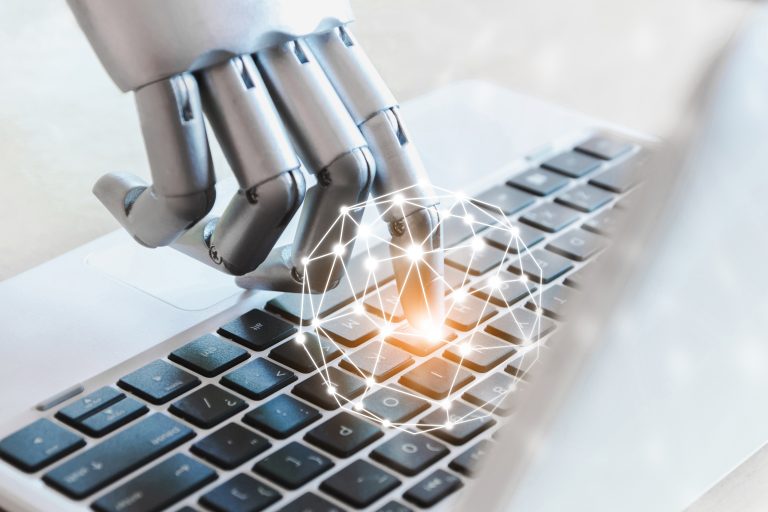
ERP and IT will be the driving force in 2020 due to new technical developments. Chat bots and AI-based HR solutions become more relevant. The first trend continues its development for political and financial reasons. The second is, rather, a reflection of the global trend that applies to the entire IT market.
The increase in the number of chat bots in 2019 has played a far more important role in the ERP solution environment. The main advantage of such virtual interlocutors is to save your time and money. The chat-bot allows you to take some of the duties off your shoulders. It can replace the company’s manager, administrator or support staff, thus saving the company’s budget from unnecessary expenses. More and more companies use artificial intelligence to optimize processes and improve customer service.
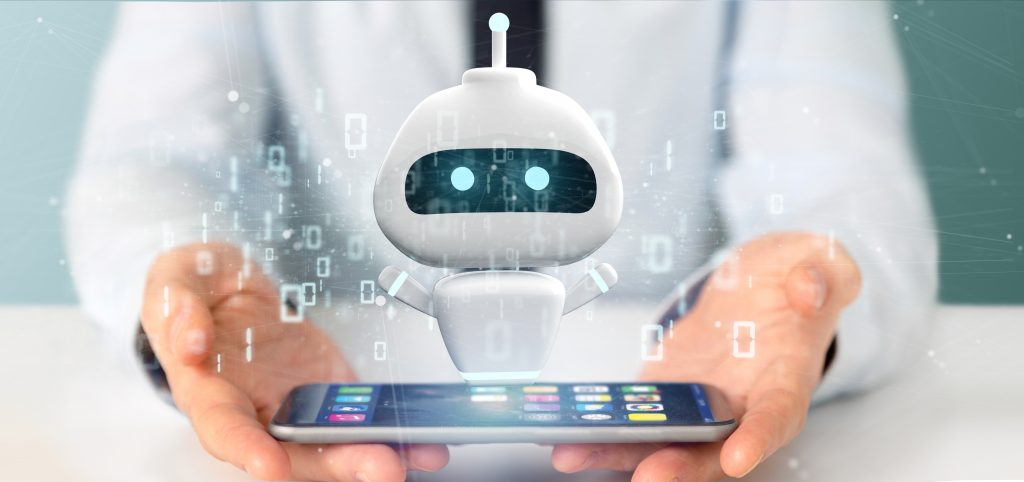
Companies from different industries are investing in ERP solutions and their new functions and capabilities will replace existing legacy systems. In the future, upgrades and replacements will have a profound impact on market changes.
ERP solutions cover business processes from back office operations to financial management and from customer order capture to customer information management. At present, ERP also covers functions that are not considered by other functional markets.
The ERP market has never looked as promising as it does now.
ERP solutions: digital assistants in combination with AI
This trend will intensify in 2020. An increasing number of companies will use the analytical capabilities of digital assistants based on AI. They hope to gain new insights into effective working methods. For example, daily tasks that follow certain templates can be automated with machine learning.
New cloud-based offerings such as Microsoft’s Virtual Assistant accelerates the use of digital assistants combined with enhanced AI features. They also allow companies to use low code / no code tools to develop digital assistants for specific application scenarios. These assistants then support, for example, internal business processes or are used in innovative ways in applications to work with clients. They also allow you to work around the clock, providing answers to key queries in real time, generating unique content for emails, tracking customer behavior and providing product recommendations.
ERP solutions: know-how of employees as business drivers
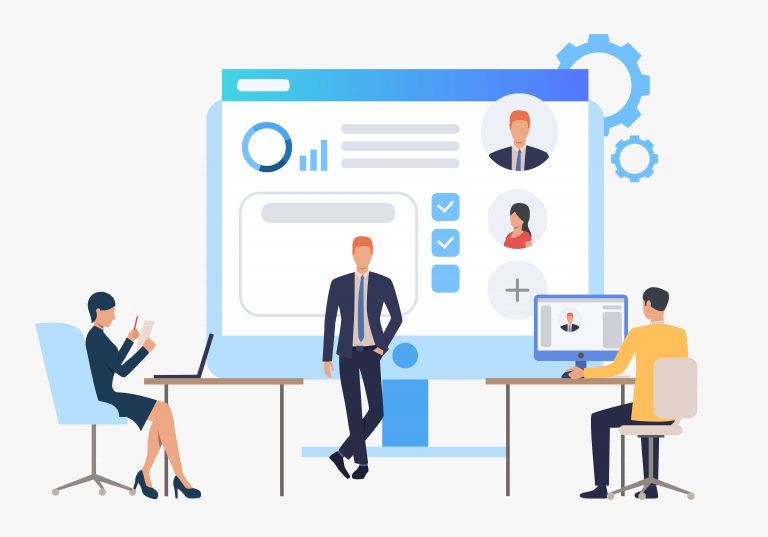
In 2020, employees will remain the most important component in companies, regardless of the industry. Their skills and knowledge form an important basis for companies to properly assess the future direction of their business.
As a result, companies will choose a strategic approach to their human capital management (HCM) solutions in 2020. Data and analysis functions play an important role in this context: they can be used to find out how well employees are trained and whether they have the right skills, where additional training is needed and how employees can be supported in planning their careers.
ERP solutions: everything moves towards a hybrid
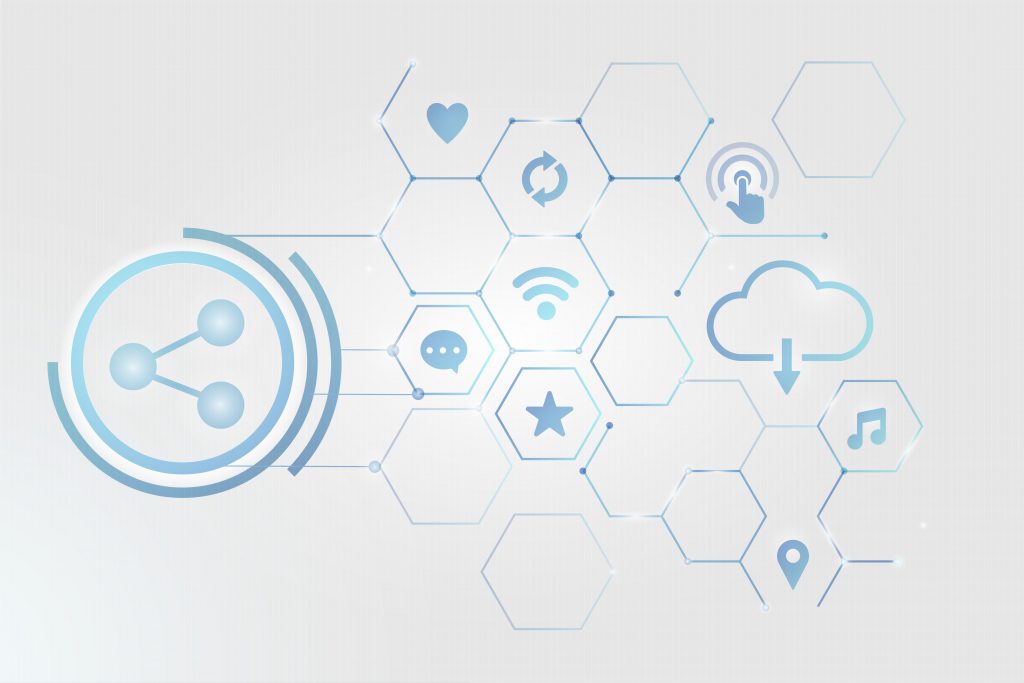
In 2019, the focus was on cloud migration. Against that backdrop, many predicted that the future lay in models of pure cloud storage. With regulations such as the GDPR, however, the customers are more and more concerned about where exactly their data is located. So in 2020, everything indicates that cloud strategies are changing significantly. Hybrid cloud implementations are being enforced.
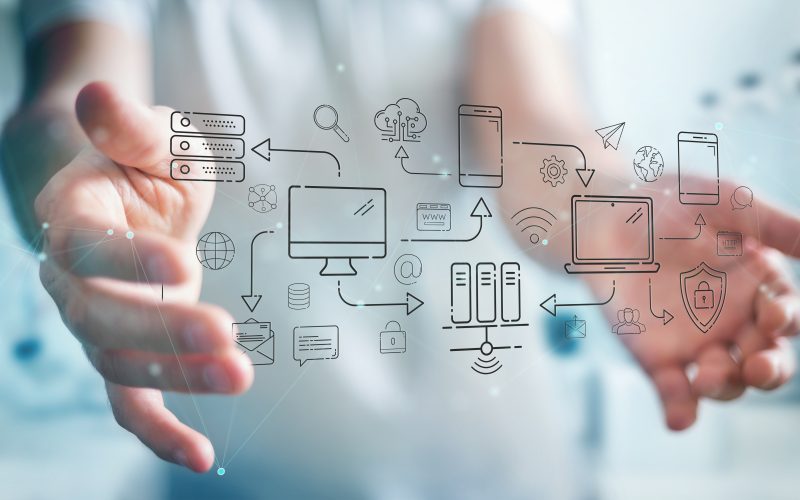
Companies will increasingly choose hybrid solutions. This allows them to store data on the site and simultaneously use the cloud to secure their database. A hybrid solution is a good way both to gradually shift over to the clouds and to be able to service increasing loads without significant investment.
Platform extensibility – critical
In 2020, the requirements for modern ERP solutions will also change significantly. Customers can be expected to turn their back on vendors that only have ERP functionality in their portfolio. In terms of their digital conversion efforts, potential customers are more interested in solutions that allow them to use data and applications both locally and in the cloud.
New customer requirements are making ERP providers worry about scalability. They must also ensure that their platforms can support hybrid scenarios and different requirements in the context of digital strategies. This new starting point will mark the end of mega ERP packages. Which will be replaced by seamlessly distributed and integrated solutions that can operate in multiple clouds and localities.
“Conquer future talent”
Many young people born at the turn of the millennium will take their first steps in working life in the next few years. Companies should think about how they can conquer this new generation. Their expectations of digital equipment from their future employers will be high.

These developments should be considered by ERP and enterprise software vendors when developing functions. Transformational changes can be seen: from monolithic systems that have existed for over 20 years to flexible and targeted applications. With them, users can start working immediately without having to deal with one functionally packaged application.